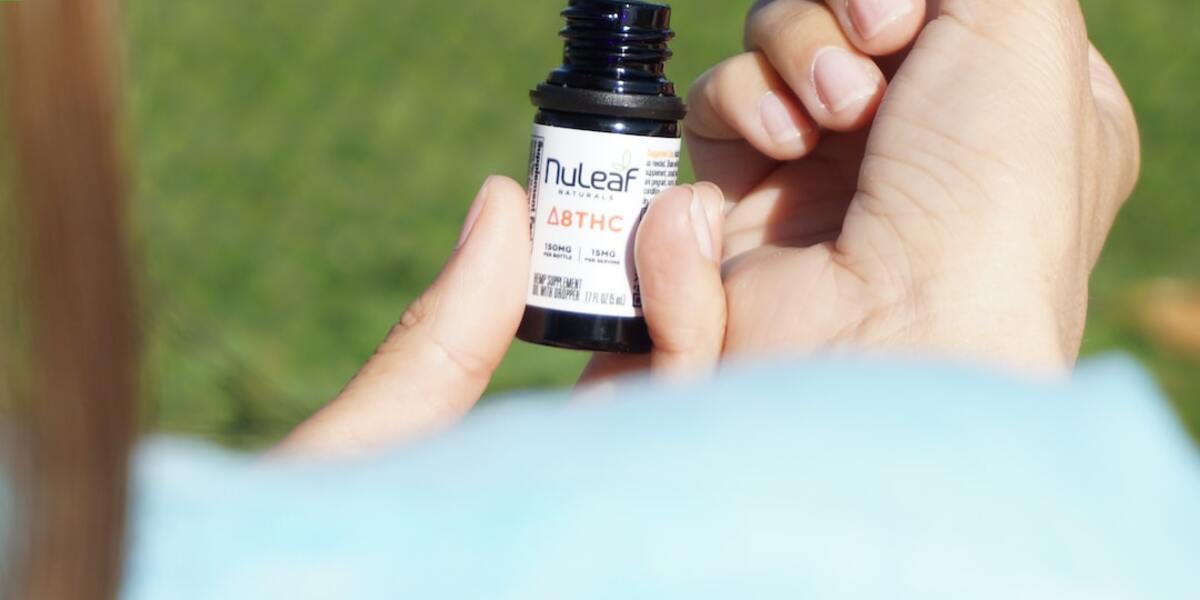What is a spouse entitled to after death in Virginia?
The state of Virginia has a complex set of inheritance laws that determine what rights and benefits are available to surviving spouses after the death of their partner. It is important for anyone living in or planning on moving to Virginia to understand these rules, as they can have an impact on how assets are divided up between family members upon someone’s passing. A probate lawyer who specializes in estate law will be able to provide more detailed information about specific cases and advise individuals on how best to protect their interests when it comes time for asset distribution.
In this blog post we’ll discuss some general guidelines regarding what a spouse may expect from the deceased person’s estate under current state of Virginia inheritance laws. We’ll look at topics such as intestacy (dying without leaving behind a valid will), homestead exemptions, dower/curtesy rights, elective shares and other relevant considerations that could affect your financial security if you’re married or entering into marriage within the Commonwealth State borders. With so many details involved with navigating through legal issues related to estates it’s highly recommended that any individual seeking advice consult with experienced attorneys specializing in this area before making decisions about inheritances left by loved ones who passed away while residing here in VA
Understanding Virginia’s Inheritance Laws for Spouses
When it comes to understanding Virginia’s inheritance laws for spouses, there are a few key points that should be taken into consideration. First and foremost, the surviving spouse of an individual who has passed away is entitled to certain rights when it comes to inheriting property from their deceased partner. According to state law in Virginia, if the decedent had no will or other estate planning documents in place at the time of death then any real estate owned by them passes directly on as part of their intestate succession process which means that all assets go straight over to their legal next-of-kin; this includes any remaining funds left behind after creditors have been paid off too. In addition, if one spouse dies without leaving behind a valid will then they may also receive additional benefits such as life insurance payouts and Social Security survivor’s benefits depending upon how long they were married before passing away – both these types of income can help provide financial stability during what is already an emotionally difficult period for many people.
It’s important however not just understand your rights but ensure you get professional advice so you know exactly where you stand legally speaking with regards Inheritance Laws in Virginia – especially since probate proceedings often involve complex paperwork along with lengthy court processes that need navigating through successfully (especially if multiple parties are involved). A qualified Probate Lawyer can advise individuals on best practices regarding wills & estates while providing guidance throughout every step needed towards achieving successful resolution – helping secure rightful entitlements quickly whilst minimizing stress levels significantly!
Determining What a Surviving Spouse is Entitled to After Death in VA
When a spouse passes away in the state of Virginia, their surviving partner may be entitled to certain assets depending on the laws governing inheritance. In order for this process to go smoothly and ensure that all parties involved are taken care of appropriately, it is important to understand what these rights entail. The State of Virginia has several different statutes which govern how an estate will be divided upon death and what portion each party can expect from it. It is also important to note that if there are any disputes or disagreements between family members over who should receive what asset then a probate lawyer can help mediate the situation so everyone’s interests are respected while still following legal protocol set forth by VA law.
The first thing one must consider when determining entitlements after death in VA is whether or not there was a valid Will present at time of passing as this document typically dictates how property will be distributed among heirs and beneficiaries listed within its contents; however even without such documentation spouses have some protection under spousal election rules wherein they could choose either take whatever share they would normally get according them via intestacy (the default division scheme used if no Will exists) OR opt out entirely forfeiting any right towards receiving anything else beyond personal items like clothing etc., but keep in mind this decision needs made before beginning probate proceedings otherwise said individual might end up losing everything regardless unless proper representation provided by experienced Probate Lawyer beforehand
Navigating the Probate Process with a Lawyer in Virginia
The probate process in Virginia can be a complex and lengthy one. With the state of Virginia inheritance laws, there are many factors to consider when navigating this legal system. A knowledgeable probate lawyer is essential for understanding how best to handle an estate or trust matter within the confines of these laws.
A skilled attorney will provide guidance on filing paperwork with courts, help manage asset distribution according to instructions outlined by wills and trusts, assist in paying off creditors as well as taxes owed from estates and trusts; they also offer representation if disputes arise during proceedings that require litigation. In addition, attorneys specializing in estate planning law can draft documents such as living wills or powers of attorney so individuals may plan ahead should incapacitation occur due to illness or injury later down the line – helping ensure their wishes are respected throughout any court proceedings involving them after death has occurred . Having a qualified professional who understands both federal regulations along with those specific to each individual state is key when dealing with matters concerning inheritance rights through probating assets located within Virginia’s borders – making sure all aspects remain compliant while ensuring beneficiaries receive what was intended for them under applicable statutes set forth by its legislature .
Exploring Your Rights as an Heir Under State of Virginia Inheritance Laws
The state of Virginia inheritance laws are complex and can be difficult to understand. As an heir, it is important that you have a thorough understanding of your rights under these laws so that you may properly exercise them in the event of an estate dispute or other legal matter. The first step towards this goal is familiarizing yourself with the various aspects of Virginia’s probate code which govern how estates will be handled after death. This includes such topics as intestacy rules, distribution methods for assets and debts among heirs, taxation on inheritances, powers granted to executors/administrators during administration proceedings etc. Additionally one should also consider any relevant case law related to specific issues involving their particular situation if applicable .
A knowledgeable probate lawyer can help provide invaluable guidance when navigating through these matters as they possess expertise in interpreting complicated regulations while helping ensure compliance with all applicable statutes along the way. A qualified attorney who specializes in handling cases pertaining to inheritance disputes within VA courts could prove especially beneficial due diligence when attempting protect your interests throughout what may often times become a stressful process
Frequently Asked Question
-
Who are heirs at law in VA?
-
What is a spouse entitled to after death in Virginia?
-
What is the primary next of kin?
-
How much does an estate have to be worth to go to probate in Virginia?
-
How long do you have to settle an estate in Virginia?
-
Can an unmarried partner inherit?
-
Who is next of kin if not married in Virginia?
-
Do you have to pay inheritance tax in the state of Virginia?
-
What legal rights does next of kin have?
-
When someone dies in Virginia without a will what happens?
The decedent’s heirs are the legal heirs. They will inherit his estate in the event that he dies intestate.
64.2-304. 64.2-304.
Primary Next of Kin (PNOK). It could be a spouse or children. Or it might extend to parents or siblings.
Virginia’s probate process is required for any estate worth more than $50,000 when the owner dies.
The length and commitment of the process. In Virginia, you can expect that probate proceedings will take between six months to one year. There is generally a six-month creditor period. An estate can’t be distributed or closed before that period expires.
The legal rights of unmarried couples are not the same as those who have been married or live in civil partnerships. If you want your partner to inherit the estate, unmarried couples should make a will. Intestate is a person who has died without leaving behind a valid will.
The children of the deceased and their descendents if there are no survivors. If no children and no spouse, then the parents of the deceased. If both parents of the deceased are not present, the siblings along with their children will be taken care of.
Virginia does not have an inheritance or estate tax. Before July 1, 2007, Virginia’s estate tax was equal to federal credit for state deaths taxes. The federal credit was eliminated, and the Virginia estate tax was repealed.
Financial matters and next-of-kin. Remember that there is no legal basis to be next of kin. Your spouse, civil partner or long term partner do not have the legal right to decide about your financial and property affairs.
Virginia’s law of intestate succession states that if a person passes away leaving behind a spouse or children, one third of their assets go to the spouse while two thirds of assets pass on to the children. All assets go to the spouse if the person has no children.
Conclusion
In conclusion, it is important to understand the state of Virginia inheritance laws and what a spouse may be entitled to after death. It can help ensure that your loved one’s estate is properly handled in accordance with their wishes. To make sure you have all the information necessary for this process, we recommend doing research on probate lawyers who specialize in these types of cases and looking for trusted links or reviews from our website. Doing so will give you peace of mind knowing that everything has been taken care of correctly according to Virginia law.







